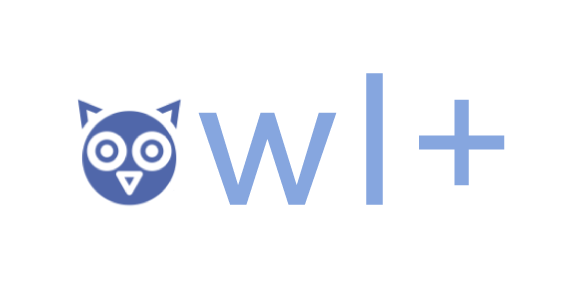Wednesday 6 November, the OWL+ project team organized their last event “Forum for minority language education – Frisian and other minority languages in Europe” in Leeuwarden. OWL+ is an Erasmus+ project that focuses on providing possibilities for minority language teachers to innovate their lessons.
For the event, colleagues from the different partner organizations came from Portugal, Norway, Estonia and Latvia to Fryslân. There were also a few minority language teachers from these countries present.

In the morning, the last physical partner meeting took place at the Fryske Akademy. The results of the project were discussed (such as the Module, with information about each minority language represented in the project, and the Practical Guide, with activities that can be used in every minority language context in lessons) and ideas were exchanged about possible projects for the future.
In the afternoon, an event was organised in Kafee De Gouden Leeuw in Tresoar. During the event, the project was presented and the results were shared and explained to interested guests. The event was English- and Frisian-spoken. Next to the project partners, teachers of Frisian, experts in the field of education of Frisian and students (teacher-training and from the Master Multilingualsm) were also present.

After the project presentation, Michiel Veenstra, director of trilingual school ’t Holdersnêst in Harkema, took the floor, together with colleague Irene Beckeringh, native speaker of English at the school. They talked about their experience with education in three languages (Dutch, Frisian and English) and the approach that was chosen within their school. Their talk nicely underlined the important role of teachers in maintaining (minority) languages.
The event concluded with an informal discussion in small groups, to bring the different contexts and perspectives in contact with each other. Various topics were discussed, such as the obstacles one can encounter while teaching a minority language (like time or money), what everyone would like to gain from an international collaboration such as this, and what they think they might need in the future and how projects like these could contribute to this. Very important conclusions were made, that can be taken into consideration for the future.

All in all, this was a very successful event, which brought the OWL+-project to a close. Officially, the project will run for just a little bit longer to finalize everything, but we can already conclude that this was a very successful project with good, useful results.
